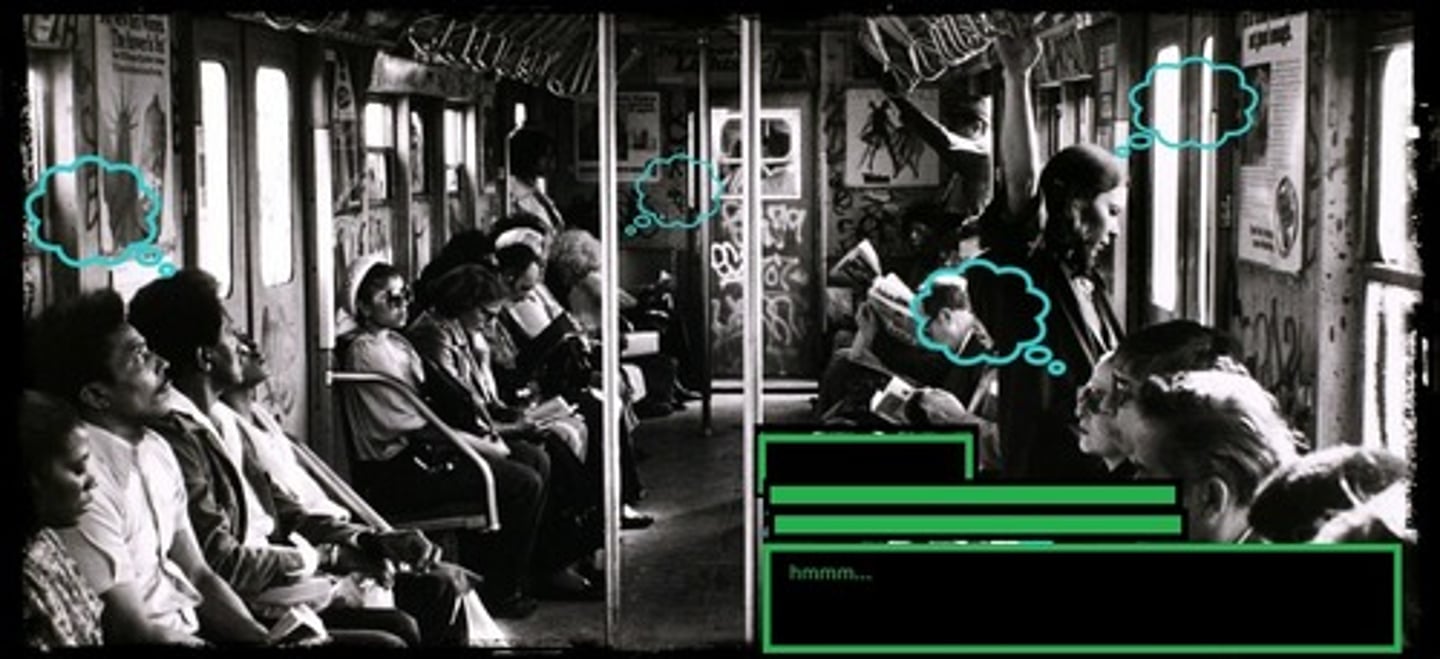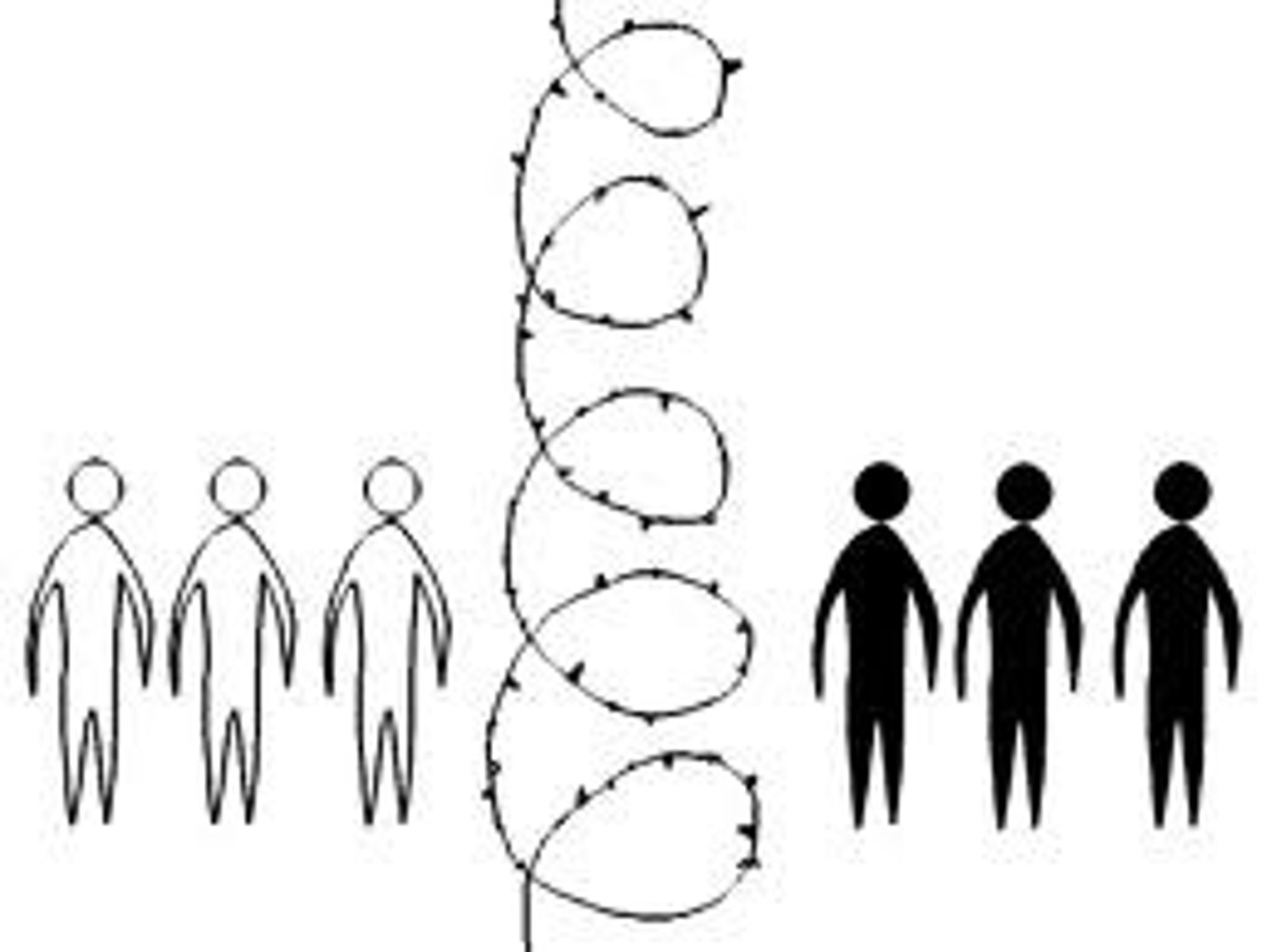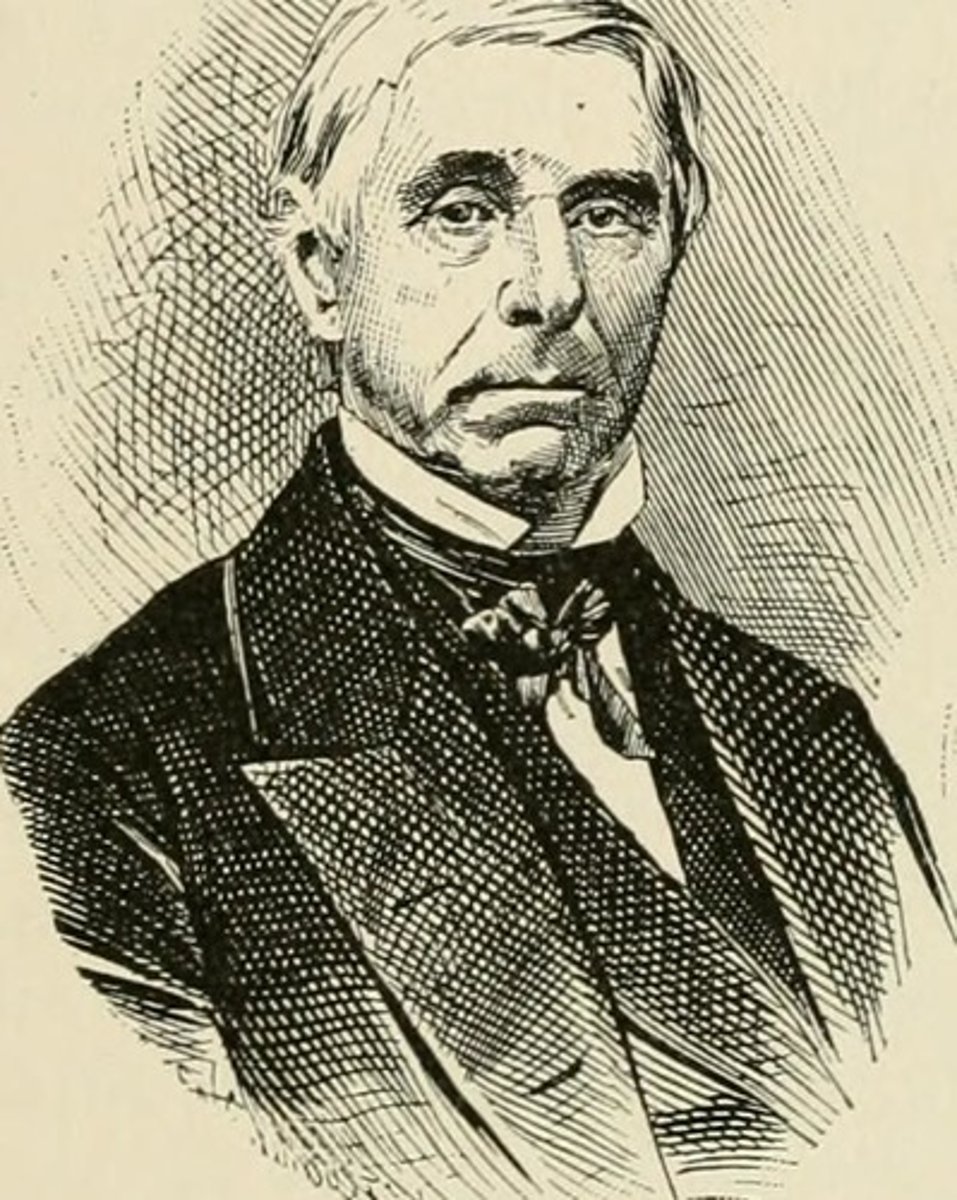SOCS10: 2ND SEM 1ST QTR
1/27
There's no tags or description
Looks like no tags are added yet.
Name | Mastery | Learn | Test | Matching | Spaced |
|---|
No study sessions yet.
28 Terms
Sociology
It is the scientific study of human society, its structure, and social relationships.
Social Problems, Social Structure, Social Change, and Social Interaction
What are the key areas of sociology?
Sociological Perspectives
is the Special POVs of Sociology
Seeing the GENERAL in the PARTICULAR and Seeing the STRANGE in the FAMILIAR
Sociological Perspectives are divided into two definitions ____ and ______
Seeing the strange in the familiar (sociological perspective)
The ability to question or examine the everyday aspects of our lives as if were encountering them for the first time or from an outsider's perpectives
Seeing the general in the particular
The ability to look at a specific individual or situation and recognize the broader patterns and trends it reflects

Sociological Imagination
The ability to see between personal experiences and larger social forces

Peter Berger, 1963
According to _________ "The special point of view of sociology that sees general patterns of society in the lives of particular people"

C. Wright Mills, 1959
According to _________ "Quality of mind require for us to understand ourselves in relation to society"
Conflict Theory, Symbolic Interactionism, and Functionalism
Give the 3 Sociological Perspectives
Symbolic Interactionism
Identify the Sociological Perspective: To another person the word "Dog" may seem warm and friendy, but to another person who may have had bad experiences with dogs will find the word triggering.
Functionalism
A theoretical perspective that sees society as a system of interconnected parts working together for stability
Conflict Theory
A theoretical perspective that focuses on inequality and power struggles within society

Symbolic Interactionism
a theoretical perspective in which society is viewed as composed of symbols that people use to establish meaning, develop their views of the world, and communicate with one another.
Anthropology
is the comprehensive study of humans, exploring their biological and cultural aspects across time and space.
Linguistic Anthropology, Physical/Biological Anthropology, Cultural Anthropology and Archaeology
Give the Branches of Anthropolgy
Cultural Anthropology
Focuses on the diverse cultures of humans societies, their beliefs, customs, social structures, and how they adapt to different environments.
Archaeology
Investigates past human societies through the analysis of material remains, such as artifacts, tools, and settlements.
Linguistic Anthropology
Explores the development, structure, anduse of language in human societies, examining how language shapesculture and thought.
Physical/Biological Anthropology
Studies the biological and evolutionary aspects of humans, including human origins, genetics, and primate behavior.
Culture
refers to the shared beliefs, values, customs, behaviors, and artifacts that characterize a group or society.
cultura or cultus, care or cultivation
FILL IN THE BLANKS: The word CULTURE is derived from the Latin word ________ or _________, which means __________ or ___________
Edward Taylor
According to ________ Culture is "that complex whole which includes knowledge, belief, art, morals, law, custom, and any other capabilities and habits acquired by man as a member of society."

Culture, Ethnography, Ethnology, and Holistic Perspective
What are the key concepts of Anthropology?
Holistic perspective
considering all aspects of human life to understand the whole picture
Ethnography
detailed descriptions of cultures through fieldwork and participant observation
Ethnology
comparative study of different cultures to identify patterns and similarities
Culture
the complex web of shared beliefs, values, customs, behaviors, and artifacts that characterize a group of people.